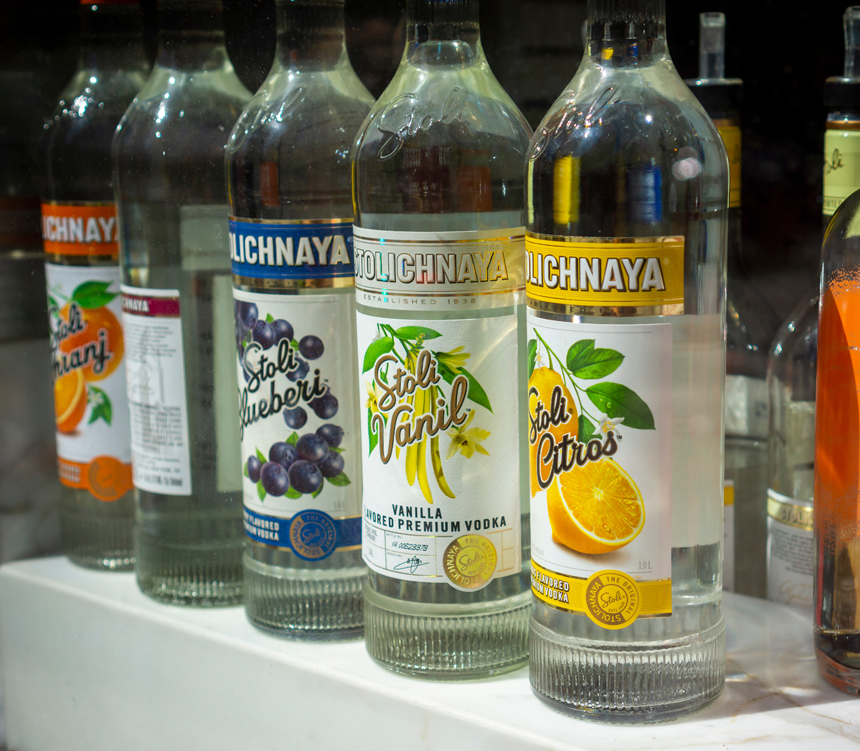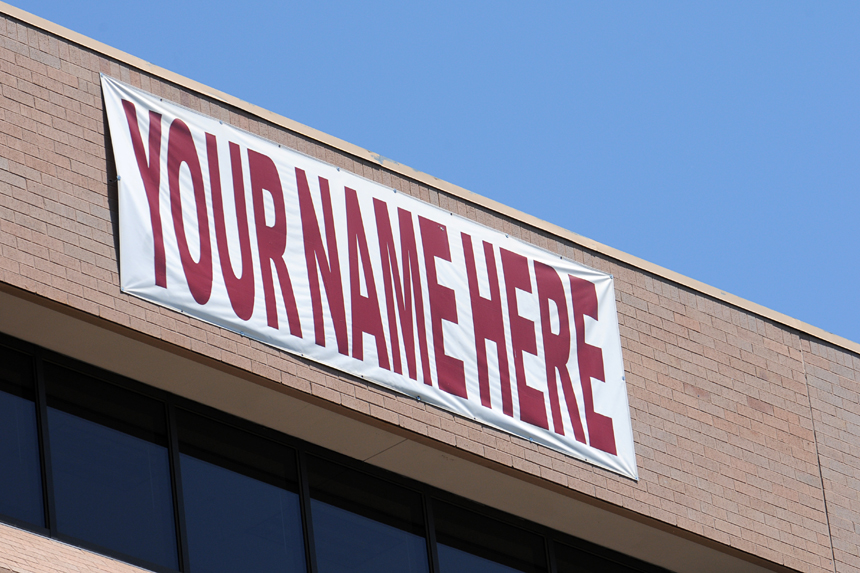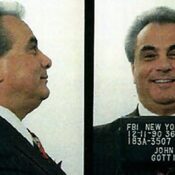“What’s in a Name?…” you know how it goes. It’s Juliet Montague dismissing her family’s feud with the Capulets from Shakespeare’s Romeo and Juliet. If Romeo just changed his surname, her folks would forget their rage against Romeo’s family.
But would that really work?
Apparently, corporations think so. Companies have spent millions to change their names, hoping to become fresh, innocent, and likeable, with all memory of past mistakes and frauds forgotten.
How is “Xfinity” better than “Comcast”? Did “Ally” improve upon “GMAC Bank”? Is “BP” less objectionable than “British Petroleum”? Has “Livestrong” been able to wash off the taint of the “Lance Armstrong Foundation”?
And will Twitter open a new world of possibilities with its new moniker of “X”?
Here are a few recent corporate rebrandings and the reasons behind them.
Blackwater > XE > Academi > Constellis

In 1996, Erik Prince and his co-founder Al Clark named his new military-contracting company “Blackwater USA” after the peat-colored water at the company’s training grounds in the Great Dismal Swamp. The name stayed with the company as it weathered scandals connected with incidents of noncombatant Iraqis being killed and, later, the murder of four Blackwater employees by Fallujah insurgents. Then, in 2007, some Blackwater employees opened fire in a crowded Baghdad market, killing 17 unarmed Iraqis and seriously wounding 20 others. Four employees were convicted (but later pardoned by President Trump).
Facing a flood of ill will, the company said it planned to shift away from its security contracting business and changed its name to Blackwater Worldwide. In February 2009, as part of an ongoing restructuring, the company changed its name to “Xe Services LLC,” pronounced “zee.” In 2010, it was purchased by another company and, the following year, renamed “Academi LLC.”
Accusations continued to follow the company. In 2010, it reached a settlement agreement with the State Department to pay $42 million for alleged violations of the Arms Export Control Act and the International Trafficking in Arms Regulations. In 2012, Academi paid a $7.5 million fine to settle charges of arms sales violations and unauthorized possession of automatic weapons.
In 2014, Academi merged with Triple Canopy to form Constellis Holdings, a name that, for now, is still in use. But as late as 2021, it was noted that the company is still referred to as Blackwater.
Several companies have attempted to improve their public image with a new name. Philip Morris Companies took the name Altria Group, which gave no indication that the company sold tobacco products.
Facebook recently changed its name to “Meta” to reflect its broadening range of offerings. It might not have been intended to distance itself from past actions, but the change was unfortunately made while a whistleblower was revealing Facebook had been negligent in keeping misinformation off its pages.
Johnson & Johnson > Kenvue
According to the company, the geometry of the new logo will represent scientific precision while rounded edges will evoke the warmth of care. (Uploaded to YouTube by Kenvue)
By November of this year, Johnson & Johnson will have removed its 136-year-old brand name from products like Tylenol, Band-Aid, Benadryl, and Neutrogena. These health products will now bear the name of Kenvue, a new identify for its consumer brands, distinguishing them from the pharmaceutical business that will bear the traditional name.
J&J hopes that, by spinning off its consumer line, it can focus more on developing medicines and medical devices.
Johnson & Johnson baby powder will be one of the products brought under the new Kenvue name. J&J is currently facing 38,000 lawsuits arising from claims that it caused ovarian cancer and mesothelioma. The company has denied the allegations.
According to Johnson & Johnson, they chose the name Kenvue to convey the warmth and humanity of a company making consumer healthcare products, and because it was “free of undesirable meanings and associations across the globe.”
Merck and GSK have done something similar, creating “Organon” and “Haleon” respectively for part or all of their consumer health businesses so they could focus on their pharmaceutical efforts.
Stolichnaya > Stoli

The question of who owns Stolichnaya Vodka might finally have been answered.
Stolichnaya, which is produced in Latvia, has been imported into the United States since the 1970s. However, an entirely separate corporation inside Russia has also been producing Stolichnaya. All Stolichnaya found outside Russia is made in Latvia, while the version found inside Russia is made there.
The Latvian company is owned by billionaire Yuri Shefler, who says he was exiled from Russia in 2000 after Russian President Vladimir Putin challenged his ownership of the brand.

When Russia invaded Ukraine in February of 2022, Shefler decided to dissociate himself from what many believed to be a wholly Russian beverage. “We have made the decision to rebrand entirely as the name [Stolichnaya] no longer represents our organization,” he said.
The company also released a limited-edition bottle whose proceeds are going to the World Central Kitchen, who provides thousands of fresh meals and food kits a day to Ukrainians.
The new name should make little difference; “Stoli” is what a lot of consumers have already been calling it for years.
“More than anything,” says Shefler, “I wish for Stoli to represent peace in Europe and solidarity with Ukraine.”
Currently, less than 1 percent of all vodka consumed in the U.S. comes from Russia.
RadioShack > The Shack
Uploaded to YouTube by TechSpank
Many companies have considered shortening their name. Striving for even greater informality, Pizza Hut planned to rebrand itself as “The Hut.” Unfortunately, the name didn’t suggest the name “pizza” as strongly as it did “Jabba.” Cooler heads at the company killed this name before it saw daylight. In 2007, Circuit City hoped to boost its revenues with a smaller version of its store called “The City.” The company filed for Chapter 11 bankruptcy the following year.
In 2009, RadioShack tried something similar. After 88 years, the chain of electronic retail stores attempted to contemporarize itself by abbreviating its name to “The Shack,” claiming that’s what its “friends” called it.
The company had previously changed its name before, from “Radio Shack” to “RadioShack.” It was a small change, but a costly one since it involved switching all the store’s signage. But it didn’t appear to bring any advantage.
RadioShack, or The Shack, filed for bankruptcy in 2015 but has since attempted a comeback. A limited number of stores will soon be opened. None of them will call themselves “The Shack.”
Tribune Publishing >Tronc
Uploaded to YouTube by tronc HR
In 2016, Tribune Publishing — a consortium of 10 newspapers and several neighborhood editions — tried to update its business model and public image. It formed an online media company called Tronc (for “Tribune Online Content”), which Politico called a “souped-up content management system.”
Its audience-engagement team would review material from various papers and promote them to a broader audience. The system would include “troncX,” an “artificial intelligence” system for data mining and pattern recognition to help reporters and editors find relevant photos and videos for their stories. It even had its own slogan: “From Pixels to Pulitzers.”
All very impressive. But there was no help for that unfortunate name, which critics described as “the sound of a millennial falling down the stairs” or “the sound of a stack of print newspapers being thrown into a dumpster.”
The challenges of running a profitable print/electronic media company proved to be too complex even for software to solve. Within two years, Tronc announced massive layoffs, the editor-in-chief was fired, and the name of “Tribune Publishing” was restored.
Become a Saturday Evening Post member and enjoy unlimited access. Subscribe now




Comments
Sometimes a rebranding works.
The mistake is produce when they dont pay attenion to their target or what the brand mean to them. Companies ten to forget that the property right is their, however he symbolic meaning of this one, is not. Brand belong to the audience. I would never understan the case of Tribune Publishing. You are owner of well known and respectful newspapers, the audience are proud of that, why change the name? Specially to Tronc, like “We are a new gen Z marketing agency”.
Most of these name changes have only slightly helped most of the companies here, not at all, or made things worse. Whether the new ‘Kenvue’ name will help or hurt remains to be seen. The ad featured here is a 40 second masterpiece. Very clever use of words and pictures perfectly synched to music that (to me) has to have been inspired partially by elements in Herb Alpert’s ‘Rise’, yet is completely fresh, new and unique. I love the ad.
Most companies that have had great success with their long-established names (and logos) would never want to mess with changing them unless there were dire circumstances going on behind the scenes, essentially forcing their hand. Do we go with a new name and PR blitzkrieg and take a chance it won’t work, or keep the old one that definitely doesn’t/isn’t working anymore?
If I were an ad executive, I might take solace in the normally sad fact most people today are so stupid as something to be happy (or at least relieved) about, in a necessary name change crisis. The name changes overall here seem to have been successful. ‘X’ HAS to be identified as formerly Twitter, otherwise X means nothing other than being the 24th letter of the alphabet.
Elon Musk couldn’t have just bought it and left the name alone, as there was no negative reason to change it. No, he did so to mark it as his territory; like a male dog lifting his leg. Equally likely it’s copying a move the artist formerly known as Prince did years ago.
Tronc doesn’t sound promising. Sometimes a name change only puts off the inevitable for awhile. Sometimes it works. My internet is through Spectrum (formerly Time-Warner) and the name change was and remains successful. KFC is harder to say. I know there used to be a lot more of them than I see now. They changed it to the initials 30+ years ago to get rid of the word ‘fried’ which was deemed unhealthy, or at least de-emphasize it. Since then they’ve gone back to using both.
‘Stoli’ doesn’t sound good, and shortening names to sound ‘hip’ or ‘cool’ in general doesn’t work. As for Pizza Hut, that proposed name would have made it a laughing stock, putting it out of business almost immediately. A PR nightmare of unprecedented proportions. You-know-who eating your pizza? Such a gross visual. and I have only a casual knowledge of the character. Good grief, Jeff!